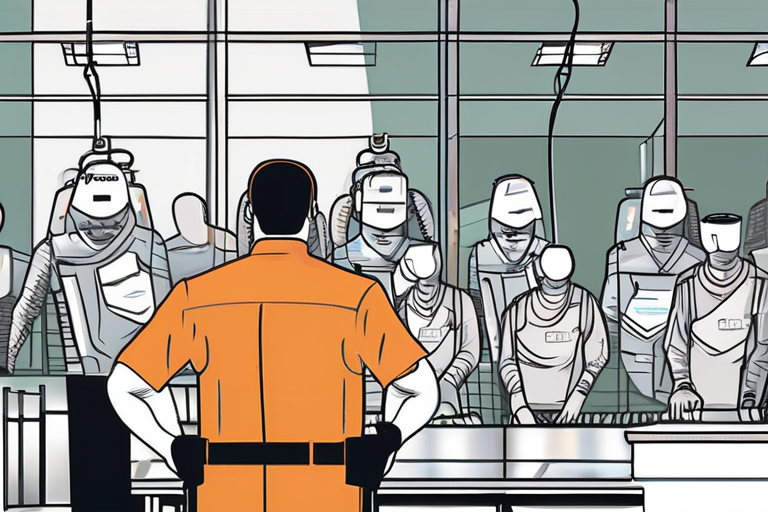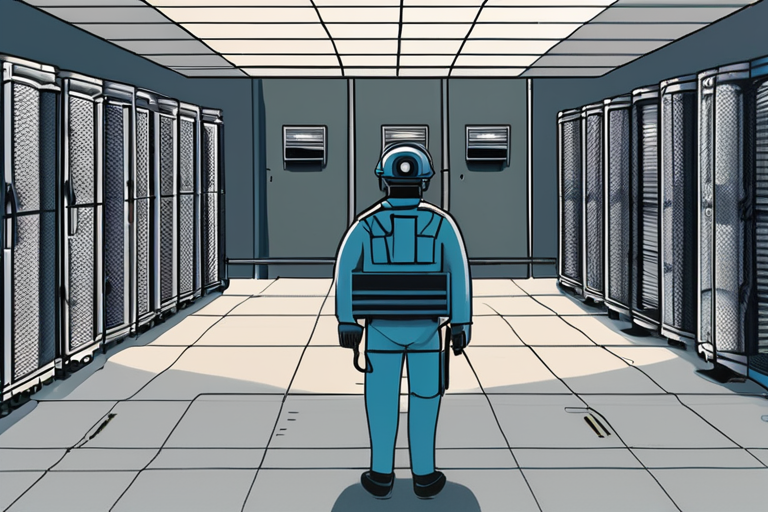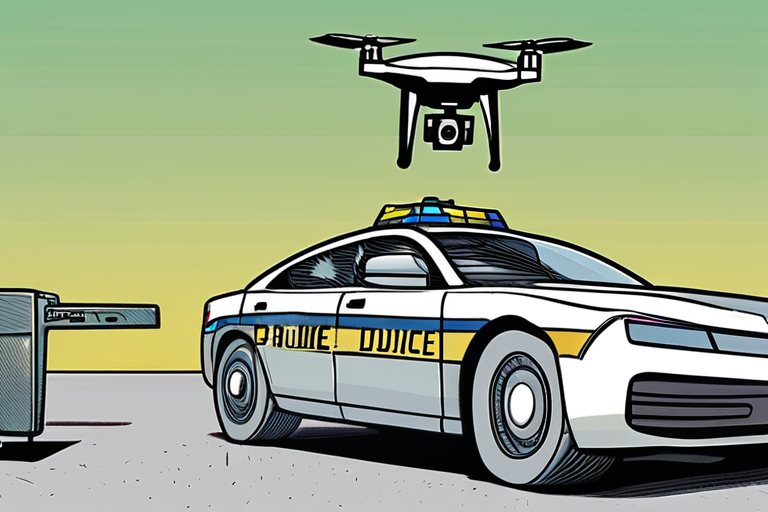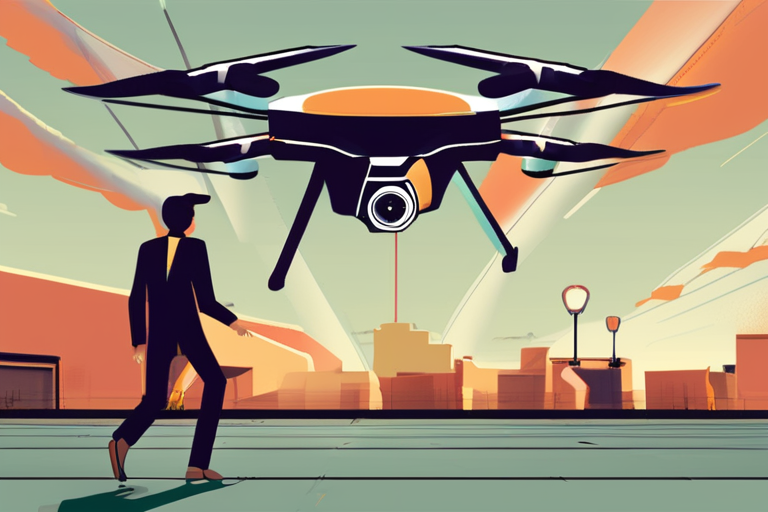Amazon Aggressively Courts Law Enforcement for Cloud Services Amid Privacy Concerns


Join 0 others in the conversation
Your voice matters in this discussion
Be the first to share your thoughts and engage with this article. Your perspective matters!
Discover articles from our community

 Hoppi
Hoppi

 Hoppi
Hoppi

 Hoppi
Hoppi

 Hoppi
Hoppi

 Hoppi
Hoppi

 Hoppi
Hoppi

Microsoft Cuts Israeli Military's Access to Some Cloud, AI Products In a move that has sparked debate over the use …

Hoppi

Locked Doors and Windows: Senate Staff Probes DOGE's Handling of Sensitive Data In a scene reminiscent of a spy thriller, …

Hoppi

California's Newly Signed AI Law Gives Big Tech a Free Pass In a move that has sparked controversy among tech …

Hoppi

The Download: Shoplifter-Chasing Drones, and Trump's TikTok Deal In a move that has raised concerns about privacy and surveillance, Flock …

Hoppi

Meta Blocked from Sharing Anti-ICE Activists' Instagram Account Info with Feds A federal judge in San Francisco has temporarily blocked …

Hoppi

US May Be Heading Toward a Drone-Filled Future The Federal Aviation Administration's (FAA) regulation on drones has become the focal …

Hoppi